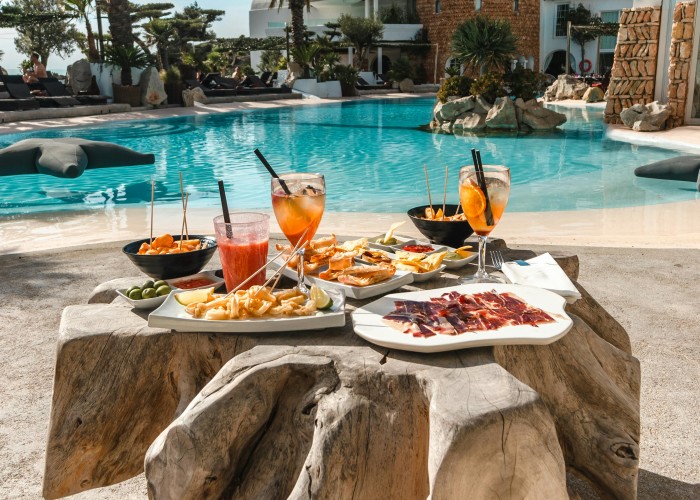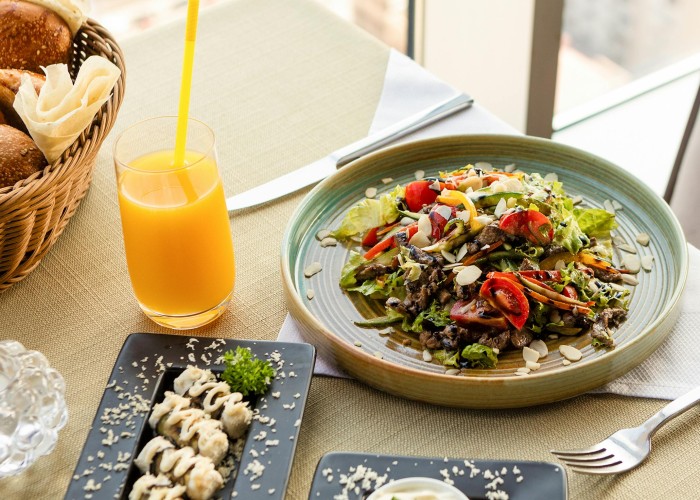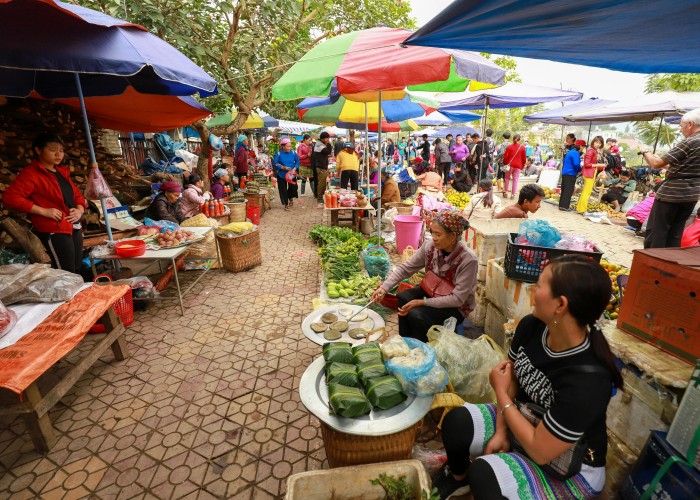Visit Our In-Demand General Blog
Visit Our In-Demand Tour & Travel Blog
Let’s continue to the blog..
Spain is a country celebrated for its rich culinary heritage, from vibrant tapas bars in Madrid to seaside seafood restaurants in Galicia. Dining out in Spain is not just about eating; it’s an experience that reflects culture, social interaction, and local traditions. For tourists, understanding tipping rules, dining customs, and etiquette is essential to enjoy a respectful and immersive experience. Dining in Spain.
This guide provides a detailed overview of Spanish dining culture, helping travelers navigate restaurants, cafés, and tapas bars confidently.
Understanding Spanish Dining Culture
Spanish meals are a social affair. Unlike fast-paced dining in some countries, Spaniards often take their time, especially during lunch and dinner.
Meal Times:
- Desayuno (Breakfast): Light meal, usually coffee with a pastry or toast.
- Almuerzo (Lunch): Main meal of the day, typically between 2 PM and 3:30 PM.
- Merienda (Afternoon Snack): Light snack around 5-6 PM.
- Cena (Dinner): Served later, around 9-11 PM, often lighter than lunch.
Spaniards value relaxed dining, conversation, and enjoying the flavor of food. Tourists are encouraged to embrace this pace to fully appreciate the experience.
Tipping Rules in Spain
Tipping in Spain is not as obligatory as in the United States. Spaniards generally pay the bill without leaving a significant tip, though leaving some change is appreciated.
Key Guidelines:
- Restaurants: Tipping 5-10% is common for excellent service, but leaving small change is also acceptable.
- Cafés and Bars: Leaving coins or rounding up the bill is standard; no need for large tips.
- High-End Dining: In fine dining restaurants, a tip of 10% may be expected if service is exceptional.
- Group Meals: For large groups, rounding up or adding 5-10% is polite, but not mandatory.
Tip: Always check the bill, as some restaurants include a service charge (servicio incluido). In such cases, additional tipping is optional.
Common Spanish Dining Etiquette
Understanding local customs enhances the dining experience and prevents unintentional faux pas. Dining in Spain.
1. Table Manners:
- Wait for everyone to be served before starting your meal.
- Keep your hands visible but avoid resting elbows on the table.
- Use utensils appropriately; Spaniards typically use the knife and fork for most dishes.
2. Ordering Food:
- It’s common to order several small dishes (tapas) to share.
- In some regions, ordering menu del día (set lunch menu) offers a cost-effective way to enjoy local dishes.
- Ask politely if unsure about ingredients or portion sizes; Spaniards are generally welcoming.
3. Dining Pace:
- Meals are leisurely; rushing is considered rude.
- Enjoy multiple courses, including starters, main dishes, and dessert.
- Conversations are encouraged; Spanish dining is a social event, not just about the food.
4. Paying the Bill:
- Request the bill politely by saying, “La cuenta, por favor.”
- Splitting the bill is not always common; check beforehand if dining in a group.
Tapas Culture Etiquette
Spain is famous for tapas, small plates meant for sharing, often enjoyed with friends or family.
Tips for Tapas Dining:
- Order multiple dishes and share among the group.
- Stand at the bar for informal tapas or sit at tables in dedicated tapas restaurants.
- Avoid eating directly from the serving dish; use individual plates or utensils.
- Engage in conversation with staff or locals, as tapas bars are social hubs.
Regional Dining Etiquette Differences
Spanish dining customs vary slightly by region:
Andalusia: Tapas culture is prevalent. Sharing small plates is a key part of social dining.
Catalonia: Meals are slower and often include multiple courses. Be polite and patient.
Basque Country: Pintxos bars encourage standing at the counter while eating. Leave coins as a small tip.
Galicia: Seafood-focused regions expect respect for local ingredients. Handle shellfish and other dishes properly.
Madrid: Traditional taverns follow standard etiquette; tipping is modest, and meals are leisurely.
Common Dining Faux Pas to Avoid
1. Rushing Through Meals: Dining is meant to be slow and social. Finishing quickly may be seen as disrespectful.
2. Ignoring Local Customs: Not trying tapas, skipping dessert, or neglecting coffee etiquette may seem impolite.
3. Over-Tipping: Excessive tipping can be misunderstood; follow local norms of rounding up or giving 5-10% in fine dining.
4. Misusing Utensils: Keep hands visible, use fork and knife properly, and avoid touching food directly.
5. Being Too Formal: While politeness is appreciated, Spaniards value warmth and casual friendliness at the table.
Alcohol Etiquette in Spain
Alcohol, especially wine, beer, and cava, is part of the dining experience in Spain.
Key Points:
- Spaniards often enjoy a glass of wine or beer with lunch or dinner.
- Never assume you should pour your own drink; in restaurants, the server usually handles pouring wine.
- Toasting is common; say “Salud” when clinking glasses.
- Drinking responsibly is expected; public drunkenness is frowned upon.
Coffee and Dessert Customs
Coffee: Coffee culture is strong in Spain. Espresso or café solo is typical after meals. Avoid asking for large lattes or cappuccinos unless in tourist areas.
Desserts: Sweet treats are usually enjoyed after the main meal. Popular desserts include:
- Churros con Chocolate
- Tarta de Santiago in Galicia
- Crema Catalana in Catalonia
Ordering dessert and coffee is also part of respecting local dining customs. Dining in Spain.
Dining Out Tips for Tourists
- Observe Locals: Watch how locals interact with staff and each other to understand the flow of dining.
- Learn Basic Phrases: Polite words like “por favor” and “gracias” go a long way.
- Be Patient: Expect slower service, especially in non-tourist areas.
- Respect Menu Times: Lunch and dinner hours are later than in many countries. Avoid showing frustration if a restaurant is not ready to serve early.
- Engage Socially: Spaniards appreciate conversation; use dining as an opportunity to interact with locals.
FAQs – Dining in Spain
1. Is tipping mandatory in Spain?
No, tipping is not obligatory. Leaving small change or 5-10% in fine dining is appreciated.
2. How late do Spaniards eat dinner?
Dinner usually starts between 9 PM and 11 PM, later than in many countries.
3. Can I order tapas as a main meal?
Yes, ordering several tapas is a common way to have a full meal.
4. Are there regional differences in tipping?
Yes, coastal regions like Galicia may be more relaxed, while big cities like Madrid may expect small tips in restaurants.
5. Is it rude to ask for the bill immediately?
Yes, asking too quickly can be considered rude. Meals are meant to be leisurely.





Leave a Reply